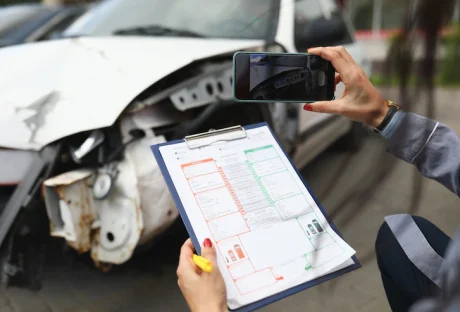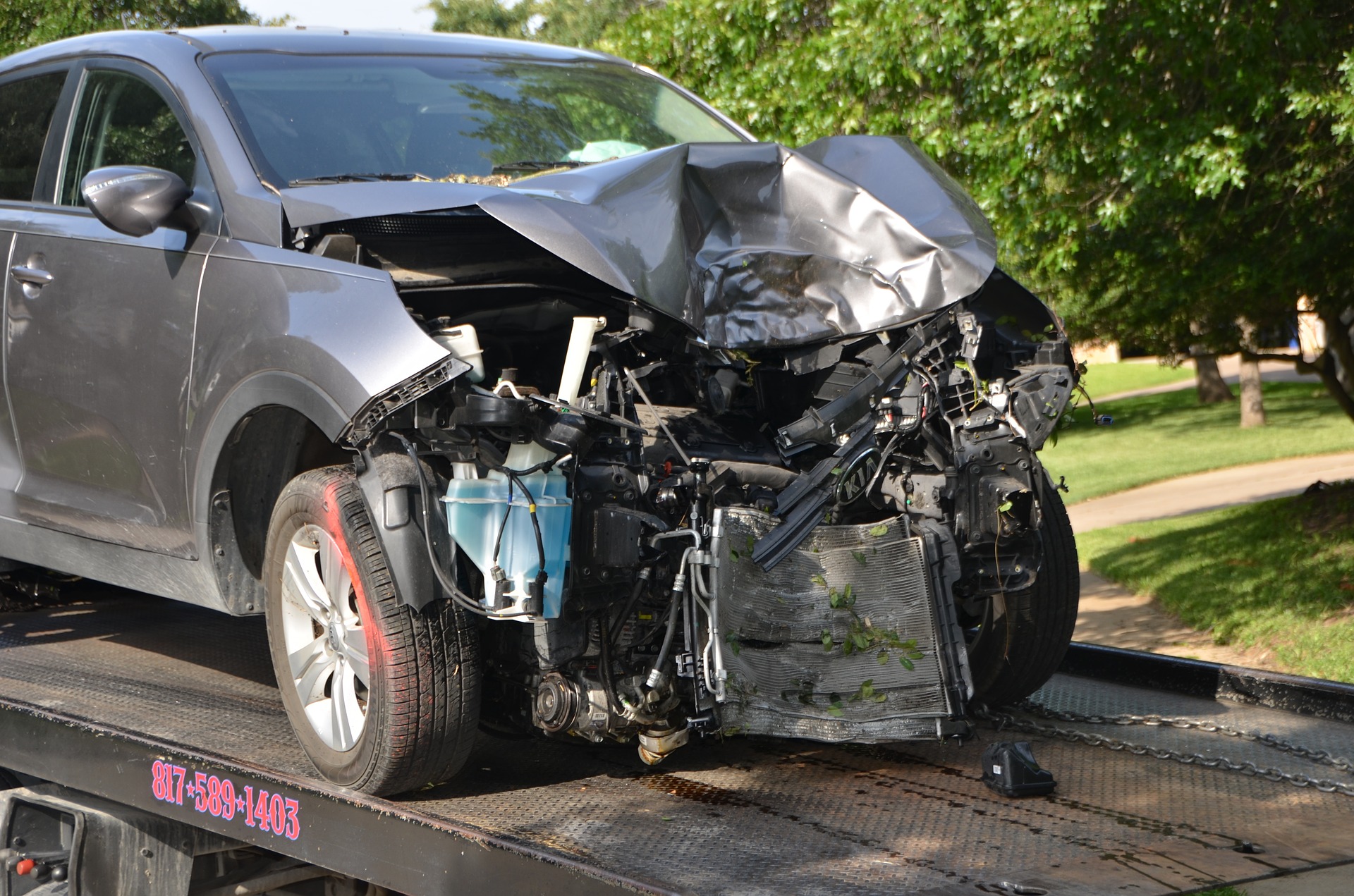There are many situations where you might need to hire an experienced family lawyer, but we have listed three that are fairly common through the divorce process. If you find yourself in any of these situations, we highly suggest that you work with a family lawyer in Miami instead of attempting to deal with the Florida family courts alone. Divorces can be complicated and confusing, but if you have the legal counsel of an experienced attorney, your complications can be reduced and your legal process can be a lot smoother.
1. Paperwork:
When you begin the process of a divorce, one of the first things you will realize is that there is an exceptional amount of paperwork and documentation required, beginning with your Petition for a Dissolution of Marriage. Once your divorce is underway, you will need to present extensive financial documentation, information about property ownership, receipts for expenses, and more. When you are working with a qualified attorney, you can be certain that you are providing all of the necessary information to the courts or your spouse’s attorney in order to make the process as smooth as possible.
Divorces are stressful even with the help of an attorney, but it can be even more complicated when you are continuously worried about whether or not you are following the necessary procedures and covering all of your bases.
2. Access to Experts:
Your attorney will be qualified and experienced, but this experience will also give them insight into when they need to bring in their own outside counsel. Although you would also be able to find your own experts for various roadblocks you encounter while trying to manage a divorce on your own, you can be sure that a divorce lawyer has a very broad network that they can access. This means that, along with the abilities of your lawyer, you will also have access to their experts in all sorts of fields. This can be a major benefit in a complex divorce, and when your attorney is the one sourcing the experts, it will save you a lot of time.
3. Understanding Your Options:
When first entering a divorce, it may be hard to understand the options that you have. For example, you will be required to divide all of your marital assets, navigate child custody and support questions, and possibly negotiate alimony for either or your spouse. When you are working with a family lawyer, they will be able to lay out all of the important factors early in the case, which will help you move through each with objectivity and without being too overwhelmed.
In addition to laying out your expectations, they will be able to negotiate for you each step of the way through these options.
Beyond these three simple reasons that you will want to hire a family lawyer to help you through your divorce, there are many other benefits. If you are making negotiations with your spouse and their lawyer, you want to be sure that you have a legal professional looking out for your best interest so you do not agree to anything because you are not sure if you have other options. Your lawyer is there to solely represent you in this divorce, and having an objective counsel through this stressful period of time can be exceptionally helpful.
Read Also:






















